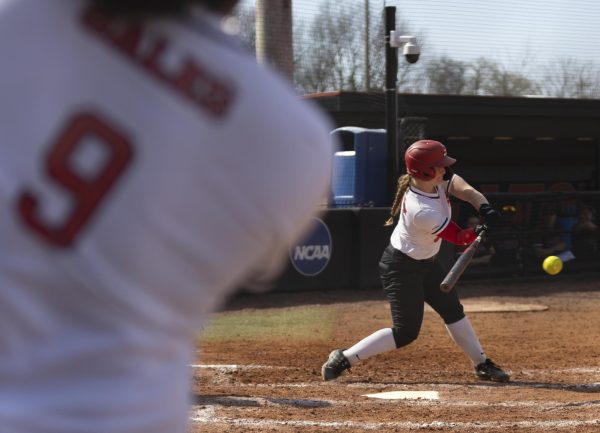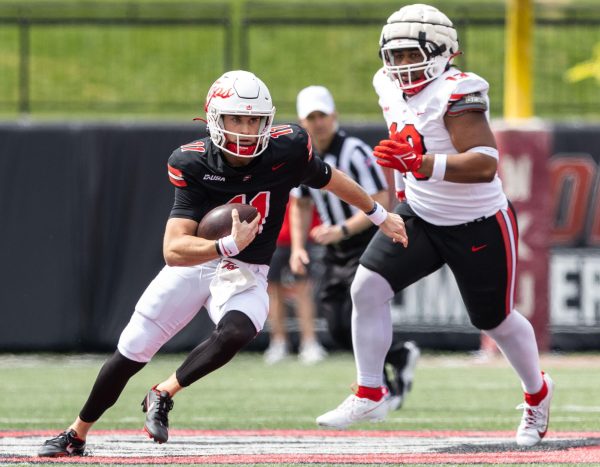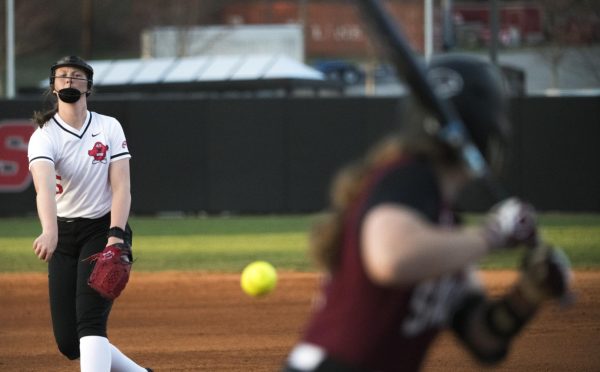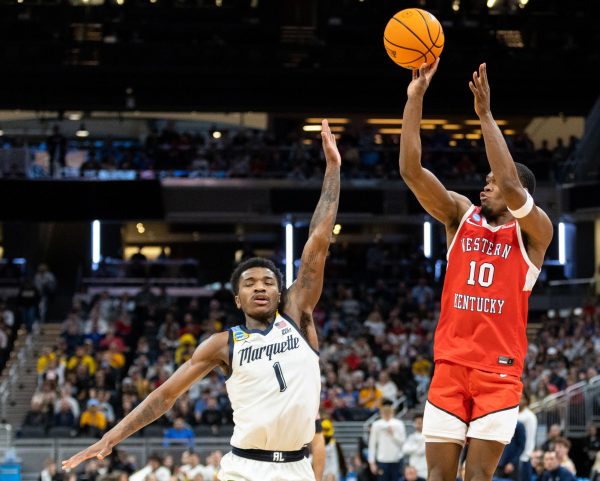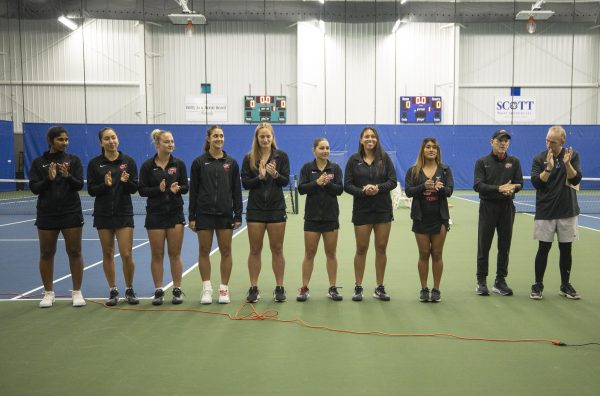Sun Belt officially rolls out new RPI-based scheduling rules
October 18, 2010
Beginning with the 2011-2012 men’s basketball season, the Sun Belt Conference will implement requirements for members’ non-conference scheduling.
WKU Senior Associate Athletic Director Todd Stewart said the new rule will force league members to piece together a non-conference schedule whose opponents’ Ratings Percentage Index ranking averages out to 150.
The measurement will be taken from a “rolling” three-year average of respective opponents, which Stewart said will prevent Sun Belt members from suffering because an opponent has a down year. For example, Louisville’s RPI ranking was No. 10 for the 2007-2008 season, No. 7 for 2008-2009 but fell to No. 45 for 2009-2010.
The move was officially discussed and implemented at last week’s Sun Belt meetings, Stewart said.
“We totally support the rule, because it’s what we’ve been doing all along,” Stewart said.
WKU’s current three-year average, which dates back to the 2007-2008 season, is 131. The Toppers’ non-conference schedule has been under the Sun Belt’s now-mandated 150 mark every year since the 2000-2001 season.
Right now there are no repercussions in place for teams who don’t meet the requirement.
“The enforcement is left up to the president at each school to work with the athletic director and coach to meet the scheduling criteria that’s been established,” Stewart said. “It’s an honor system, so to speak, in that we have to police ourselves on this, but we feel that will happen because everyone’s agreed that this is what needs to be done.”
Talks began at the Sun Belt’s spring meetings to raise the overall profile of the league, which placed just one team in the men’s NCAA tournament last spring. And that team, North Texas, was seeded 15th in its region. Realtimerpi.com ranked North Texas No. 104 after the season and the Sun Belt as the No. 23 league by RPI.
A similar rule has been made by the Sun Belt before, but Stewart said that came about not because of a low RPI, but because schools were having a hard time finding home games.
“I think now the feeling is that a conference RPI of 23 won’t help anybody,” Stewart said. “We become a one-and-done conference.
“And the way the unit system works for the NCAA tournament is really a huge area of untapped revenue. If we can get two teams in as a conference, it will help everybody.”















